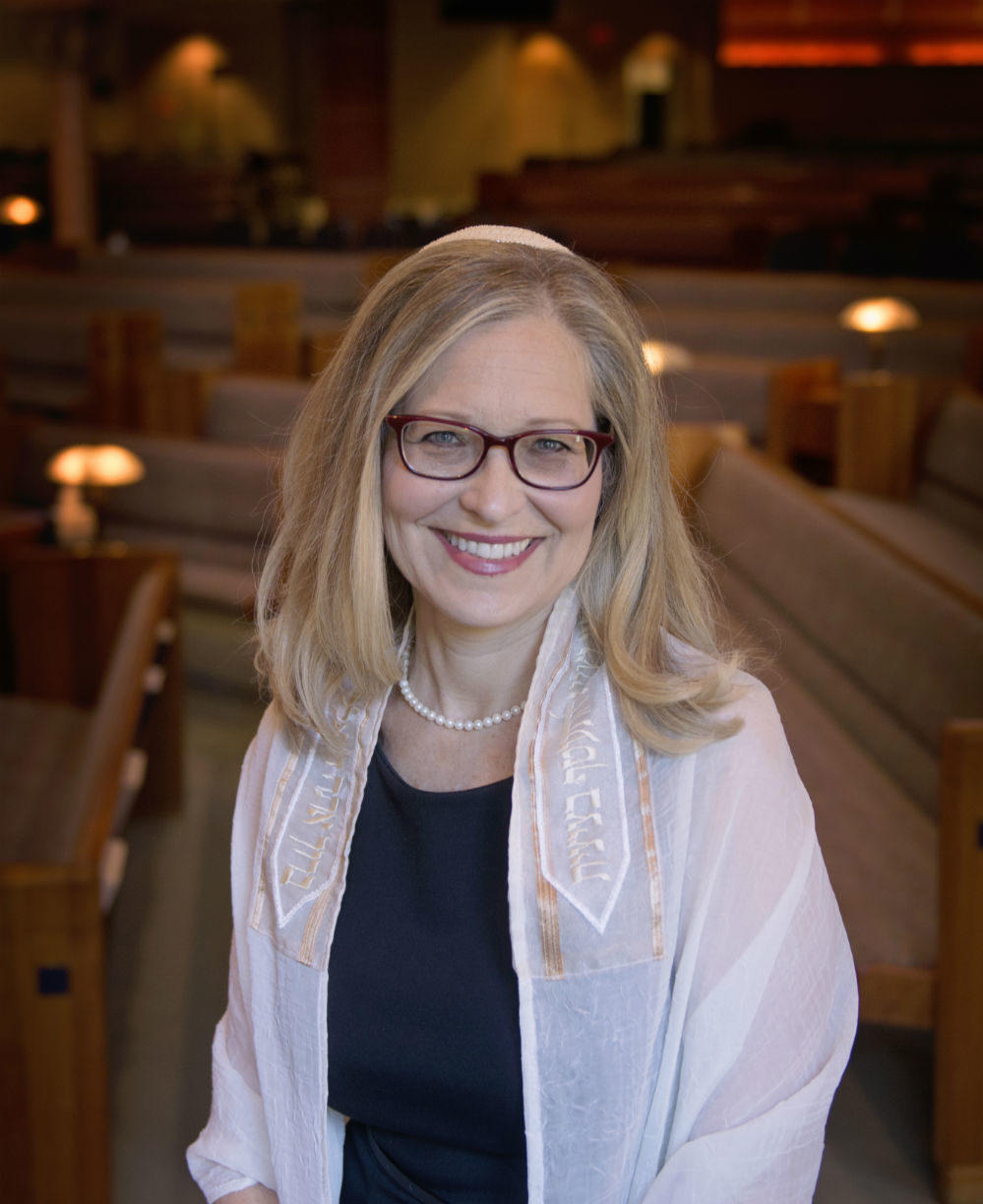Purim is almost here and in my home we are busy preparing our Mishloach Manot baskets to deliver to family and friends. It’s important to me that we select only the finest products to fulfill this important mitzvah of Purim, so I always look for an American equivalent of Pri Etz Hadar (the beautiful etrog); vine ripened tomatoes, organic grapes, oranges and nuts, fair trade chocolates and cute bottles of 100% juice. It’s a mitzvah I love and have strived to “do it right”. And until recently, I was unaware of a particular issue that had been silently tainting the sanctity of my mitzvah-doing for years.
“You shall not abuse a needy and destitute laborer, whether a fellow countryman or a stranger in one of the communities of your land.”(Deuteronomy 24:14) Torah explicitly prohibits the mistreatment of workers, as all humans are created b’tzelem Elohim, in the image of God. Specific prohibitions include lo ta’ashok, oppressing workers and delaying their payment. (Leviticus 19:13).
Many of us have a naive understanding of from where our food comes or by whom it is harvested, and the conditions of those work areas. Laborers work for low wages and often without protections for their basic human rights: water breaks, access to bathrooms, shelter from the heat. Wages are withheld or stolen outright. In the fields, female workers are the most vulnerable, with 4 in 5 experiencing some form of sexual harassment or assault on the job.
Last year, I had the opportunity to travel to Immokalee, Florida, to join the ranks of Truah’s #TomatoRabbis to learn from the Coalition of Immokalee Workers. The history of forced labor in the U.S. agricultural industry, and specifically in the Southern tomato fields, is a difficult and disturbing narrative. The light in this story is reflective of the themes of we hear in the Purim Megillah. Twenty years ago, because of the bravery of a few souls willing to risk everything to reveal themselves and say no more to sexual violence and harassment, the Campaign for Fair Food was born. Today, we see how the FFP has changed the lives of countless farm workers.
When one walks into the small CIW headquarters building, a poster of a proud woman, a field worker, holding a basket of tomatoes on her shoulder greets you. Her countenance reminded me of a biblical heroine; and this brings me back to Purim and my mishloach manot baskets.
Throughout time, speaking truth to power, has been wrought with danger. When Queen Vashti (Esther 1:12-19) refuses to be exploited, she is banished (possibly killed)—a punishment deliberately enacted to instill fear of retribution in others who might consider rising up. Unlike the G-rated beauty pageant version of the Megillah we tell our children, Esther comes into the story vulnerable and powerless, and will remain in that state until realizing that she is inexorably linked to the fate of her people; with nothing left to lose, she rises up. (4:13-16)
From extreme poverty to sexual harassment and even modern-day slavery, farmworkers have faced abuses at work for as long as anyone can remember.
The brave women who work in these fields of Immokalee came to the same place of #NoMore; the time had come to take the risk and come out of the shadows to expand critical human rights protections, and redeem their neighbors.
Today, the CIW and Fair Food Program are growing, but much awareness is still needed, so that all those who harvest the fruits and vegetable of this country are treated with kavod, dignity.
Many of us strive to do the right thing, but too often ignorance blinds us. To act with compassion and purpose, we must become educated, open our eyes and ears to the cries of those who live behind the scenes, and make decisions that show our support and our desire for a better and more just society. When I shop this week to fill my mishloach manot gift baskets, I will be looking for those products that are harvested by companies who participate in the FFP. Together, we can bring more light and holiness into our world.
“The Jews had light and gladness, and joy and honor.” (8:16) Hag Purim Sameach!
Alexandria Shuval-Weiner is Senior Rabbi at Temple Beth Tikvah in Roswell, Georgia. She participated in Truah’s Tomato Rabbi delegation to Immokalee, Florida in 2017.
***
The Coalition of Immokalee Workers’ (CIW) Fair Food Program is a unique partnership among farmers, farmworkers, and retail food companies that ensures humane wages and working conditions for the workers who pick fruits and vegetables on participating farms. It harnesses the power of consumer demand to give farmworkers a voice in the decisions that affect their lives, and to eliminate the longstanding abuses that have plagued agriculture for generations.

